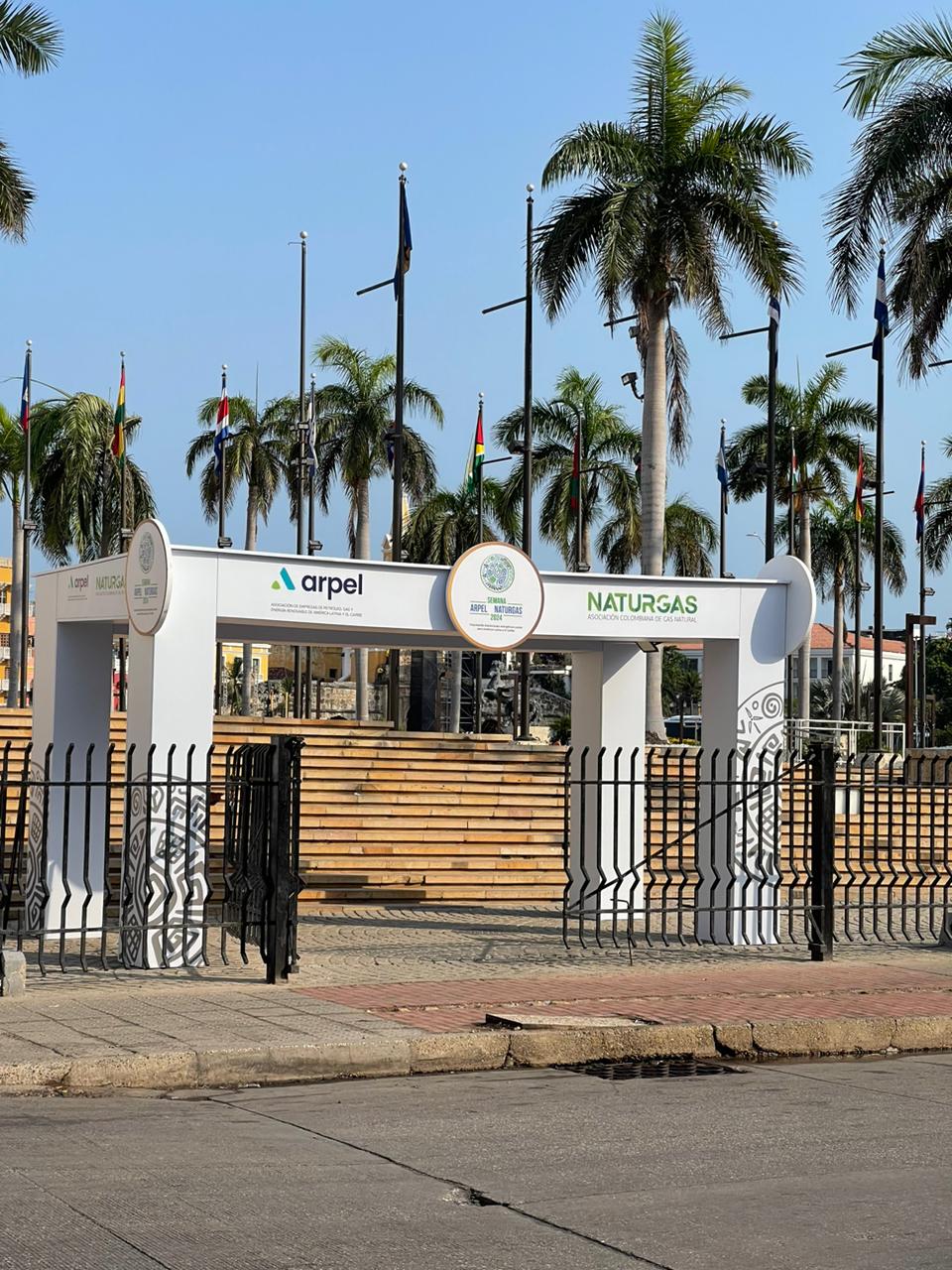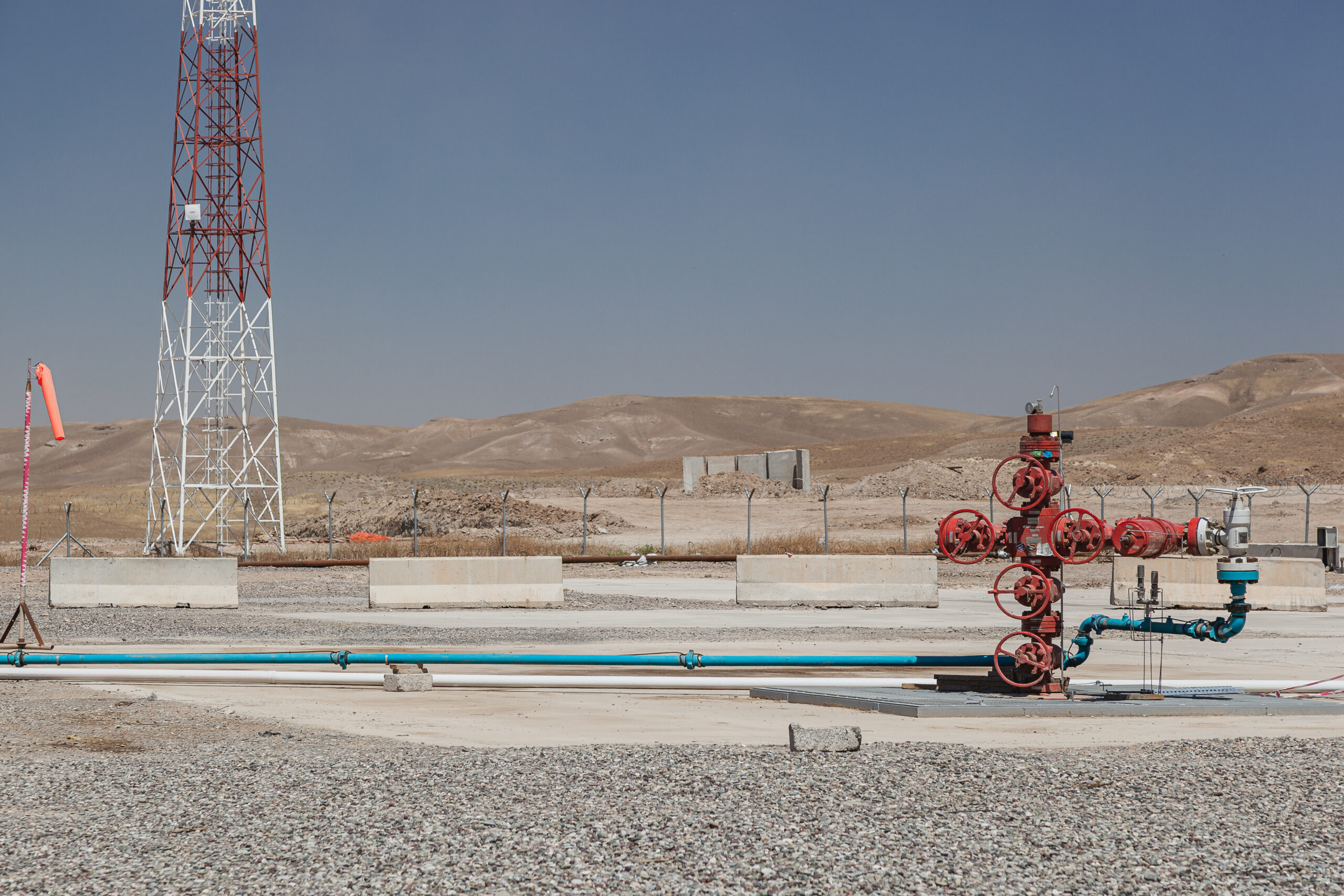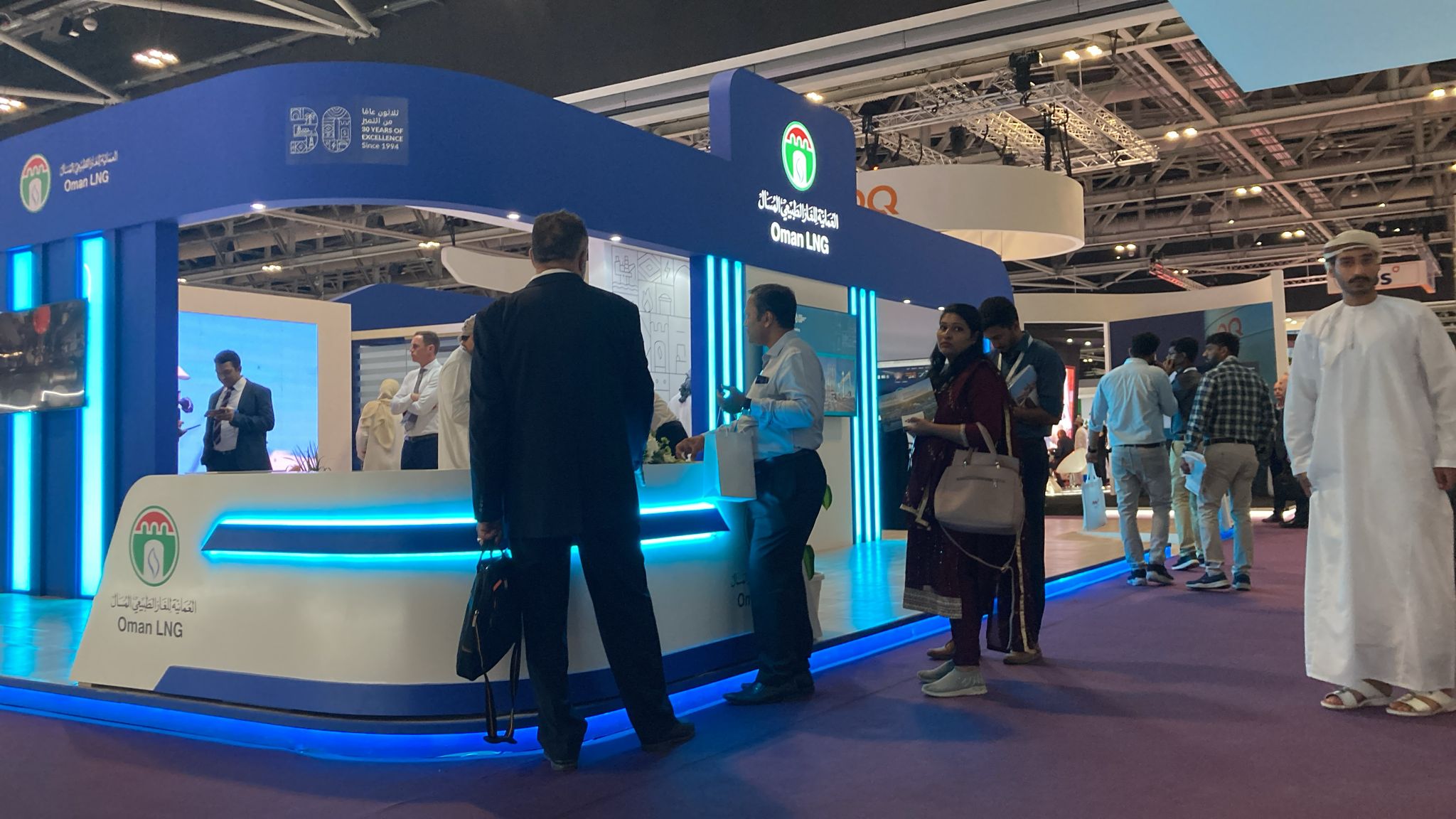Arpel-Naturgas Week: Pursuit of Venezuelan gas won’t breach sanctions, says Ecopetrol
Future imports from Venezuela align with the Colombian government’s strategy, the chief executive of Ecopetrol told conference delegates.

(Cartagena, Colombia) — Colombia’s state-run oil company Ecopetrol will not breach U.S. sanctions or its own corporate criteria in its pursuit of Venezuelan gas, chief executive Ricardo Roa said today.
The company is working with its Venezuelan counterpart Petróleos de Venezuela (PDVSA) to recuperate a cross-border gas pipeline and reactivate a 2007-2027 bilateral supply contract, Roa told delegates at the Arpel-Naturgas conference in Cartagena.
He added that Ecopetrol’s midstream subsidiary Cenit has completed an assessment of the Antonio Ricaurte pipeline in conjunction with PDVSA, which owns the 224.4-km artery, including 88.5 km on the Colombian side. The completion of the assessment was announced late yesterday by hydrocarbons minister Andrés Camacho.
“We already have a budget (to repair the pipeline), and it’s not overboard,” Roa said. He declined to specify the budget amount or how it would be financed. PDVSA’s original investment was $335 million in 2007.
Future imports from Venezuela align with the Colombian government’s strategy of optimising existing onshore contracts and infrastructure to stave off a gas supply deficit starting as early as next year, Roa said. The capacity of an existing regasification plant outside Cartagena will be expanded as well.
Orlando Velandia, president of Colombia’s National Hydrocabons Agency, a regulatory body, underscored that the government is pursuing “all options” to replenish supply. This includes unlocking stalled onshore contracts, de-bottlenecking and expanding pipelines, and providing incentives for foreign oil companies, including Brazil’s state-controlled Petrobras, Shell and Occidental, to develop deepwater Caribbean discoveries in 2027-29.
The 500 million cf/d cross-border pipeline, which runs from Colombia’s now-depleted Ballenas gas field to Lake Maracaibo in western Venezuela, has been mothballed since 2015. In its early years, the line was only used to carry Colombian gas to Venezuela. A plan to transport 150 million cf/d of Venezuelan gas to Colombia starting in 2012 never materialised, resulting in outstanding debt to Ecopetrol.
Roa said the joint assessment determined that four compression stations are in “good condition.” A km or two on Colombia’s side is missing and was apparently sold by local residents for scrap.
Roa acknowledged concerns about the legal framework for any gas deal with Venezuela. Caracas has been the target of U.S.-led sanctions since 2017 because of democratic backsliding.
Ecopetrol has applied for a specific license from the U.S. Treasury Department’s Office of Foreign Assets Control (OFAC) which administers sanctions, but has yet to receive a greenlight, a person familiar with the gas plans tells Gas Outlook.
“We are not disregarding the OFAC restrictions and we will not violate them under any circumstances,” Roa said.
Addressing investors jittery over potential political meddling in Ecopetrol’s management, Roa declared that “no project will be sanctioned in Ecopetrol if it is not within its economic and profit parameters and criteria.”
Roa’s remarks followed Colombian president Gustavo Petro’s visit to Caracas this week. Petro met with Venezuela’s long-serving president Nicolas Maduro.
The U.S. government has threatened to reverse a relaxation of sanctions in coming weeks unless Maduro takes steps to ensure free and fair presidential elections scheduled for July 28.
Among the critics of Colombia’s gas diplomacy with Venezuela is Colombian energy consultant Henry Navarro Sanchez. “This is not a reliable option for Colombia,” Navarro told Gas Outlook. He noted that aside from the cross-border line, a supply deal would require midstream investment to connect the Cardon IV offshore gas project, where the supply would originate. “This expansion would take no less than three years,” Sanchez said.
Cardon IV is a joint venture between Spain’s Repsol and Italy’s Eni that produces 350 million-500 million cf/d of gas from the Perla field. When operations were inaugurated in 2015, Eni said initial production of 450 million cf/d would climb in stages to 1.2 billion cf/d in 2020. Production never rose past the first stage because PDVSA is the sole off-taker and it lacks capacity to absorb more supply.
As of the end of 2022, Colombia only had enough proven gas reserves to cover 7.2 years of production.



